| Structure | Name/CAS No. | Articles |
|---|---|---|
 |
Ethanol
CAS:64-17-5 |
|
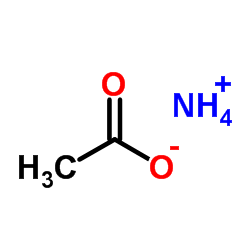 |
Ammonium acetate
CAS:631-61-8 |
|
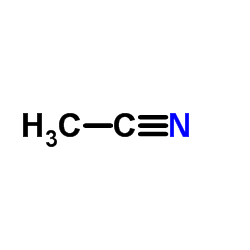 |
Acetonitrile
CAS:75-05-8 |
|
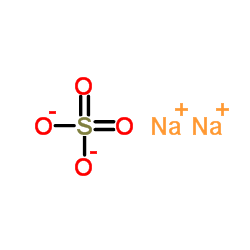 |
sodium sulfate
CAS:7757-82-6 |
|
 |
Methanol
CAS:67-56-1 |
|
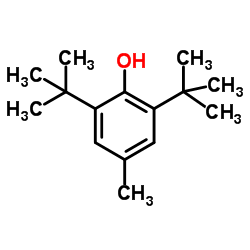 |
Butylated hydroxytoluene
CAS:128-37-0 |
|
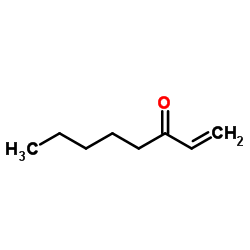 |
1-Octen-3-one
CAS:4312-99-6 |
|
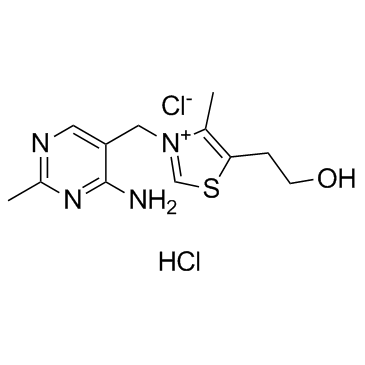 |
Thiamine hydrochloride
CAS:67-03-8 |